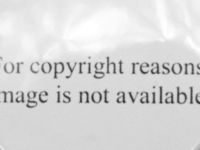The Online Streaming Act (Bill C-11) was the subject of hours of debate yesterday in the House of Commons as the government presses to get the bill out of second reading and onto committee for hearings and further study. Setting aside the claims of “censorship” on one side and “you don’t care about creators” on the other, there were some notable takeaways from the debate, including the government digging in on keeping the policy direction to the CRTC secret, acknowledging (perhaps inadvertently) that the bill does regulate user generated content, and several comments from MPs that promise outcomes that are simply not part of the bill.
Leading off during Question Period was a direct question to Prime Minister Justin Trudeau about releasing the planned policy directive to the CRTC before the bill receives royal assent so that Canadians can see the details of how the bill is intended to be implemented.










